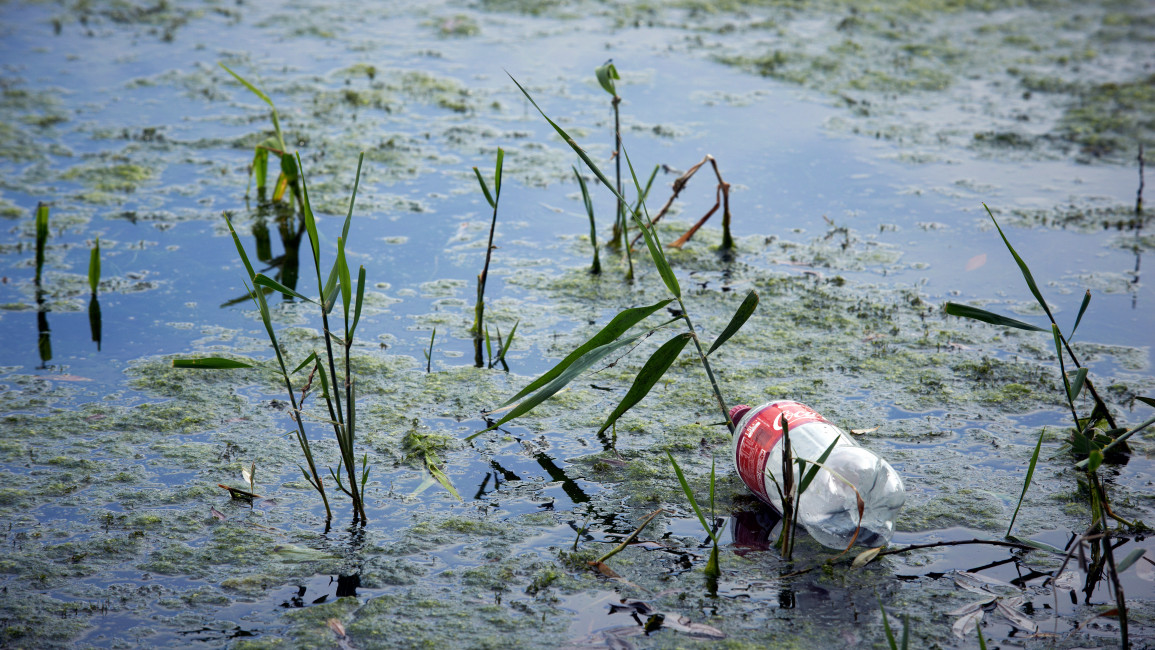Outrage as Coca Cola - world's biggest plastic polluter - named as Egypt COP27 sponsor
Activists have slammed an announcement saying that Coca Cola - the world's top plastic waste producer - will sponsor this year's COP27 UN climate change talks in Egypt.
The deal was announced by Egypt in late September, just weeks before the conference kicks off in Sharm el-Sheikh on November 6.
"#COP27 must not be a vehicle for corporate greenwashing. Coca-Cola has been the biggest plastic polluting company in the world for four years running," the Environmental Justice Foundation tweeted on Wednesday.
"The company most responsible for fossil fuel-driven plastic production has no place at #COP27," it added.
Coca-Cola has been ranked as the world’s leading plastic polluters for the fourth year in a row. 💥
— 𓂀 𝕂𝕒𝕥𝕙𝕪 ℂ𝕎 𓂀 (@consigningwoman) October 5, 2022
Egypt is the biggest plastic polluter in the Arab World.
Coca Cola has been chosen as a sponsor for #COP27.#PlasticPollution #FossilFuels https://t.co/UoDOhjvvh4
Other environmental groups and activists posted similar messages, urging the COP27 organisers to reverse the decision.
A petition calling for Coca Cola to be removed as sponsor has gathered close to 30,000 signatures.
In 2019, Coca Cola revealed that it produces 3 million tonnes of plastic packaging a year - a number which environmental groups have said equates to 200,000 bottles per minute.
The US-based drinks giant was named the world's worst plastic polluter for the fourth year in a row in Break Free From Plastic's 2021 annual report.
Activists have highlighted that most plastics are made from fossil fuels in a process which produces harmful greenhouse gases.
Coca Cola has responded to the criticism, telling the BBC that "while we have made progress against our World Without Waste goals, we're also committed to do more, faster."
In February, Coca Cola pledged that it will package at least 25 percent of its brands in refillable and reusable bottles by 2030.
In the same week, however, a report released by the US-based Conservation Law Foundation (CLP) highlighted that the beverage firm has made environmental pledges in the past which have still not been met.
The CLF report also highlighted the voluntary nature of such pledges, which don't result in external sanctions or penalties if they are not met.



